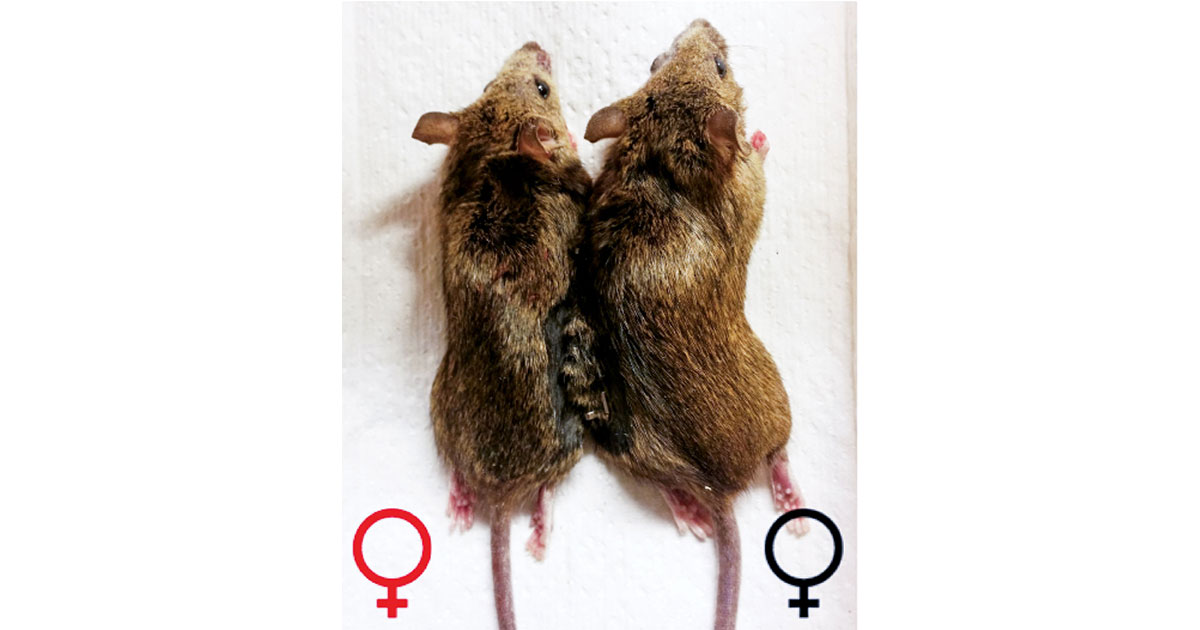Advertisement
Grab your lab coat. Let's get started
Welcome!
Welcome!
Create an account below to get 6 C&EN articles per month, receive newsletters and more - all free.
It seems this is your first time logging in online. Please enter the following information to continue.
As an ACS member you automatically get access to this site. All we need is few more details to create your reading experience.
Not you? Sign in with a different account.
Not you? Sign in with a different account.
ERROR 1
ERROR 1
ERROR 2
ERROR 2
ERROR 2
ERROR 2
ERROR 2
Password and Confirm password must match.
If you have an ACS member number, please enter it here so we can link this account to your membership. (optional)
ERROR 2
ACS values your privacy. By submitting your information, you are gaining access to C&EN and subscribing to our weekly newsletter. We use the information you provide to make your reading experience better, and we will never sell your data to third party members.
Biological Chemistry
Nanopore Sequencing Continues To Advance
Two research groups have devised strategies to sequence DNA more rapidly and inexpensively
by Stuart A. Borman
April 27, 2009
| A version of this story appeared in
Volume 87, Issue 17
Two research groups have brought nanopore DNA sequencing closer to reality. These scientists are among those trying to sequence DNA more rapidly and inexpensively than is currently possible by identifying nucleotides one by one as they traverse a tiny hole. This approach could aid personalized medicine, which aims to tailor drugs or medical treatments to people on the basis of their individual genetic makeup. Hagan Bayley of the University of Oxford and coworkers recently showed that all four DNA nucleotides plus 5-methylcytosine can be detected by directing free nucleotides through nanopores formed by α-hemolysin protein. Now, they find a similar ability to discriminate among nucleotides reliably when an intact DNA strand passes through an α-hemolysin pore mutated to enhance detection currents (Proc. Natl. Acad. Sci. USA, DOI: 10.1073/pnas.0901054106). Meanwhile, Xinsheng Sean Ling's group at Brown University has shown that a magnet can be used to control the rate at which a DNA strand tethered to a magnetic bead passes through a silicon-based nanopore (Nanotechnology, DOI: 10.1088/0957-4484/20/18/185101). This strategy, in which DNA is under tension, could enhance nucleotide discrimination and permit multiple DNA segments to be read simultaneously, speeding up analysis.





Join the conversation
Contact the reporter
Submit a Letter to the Editor for publication
Engage with us on Twitter